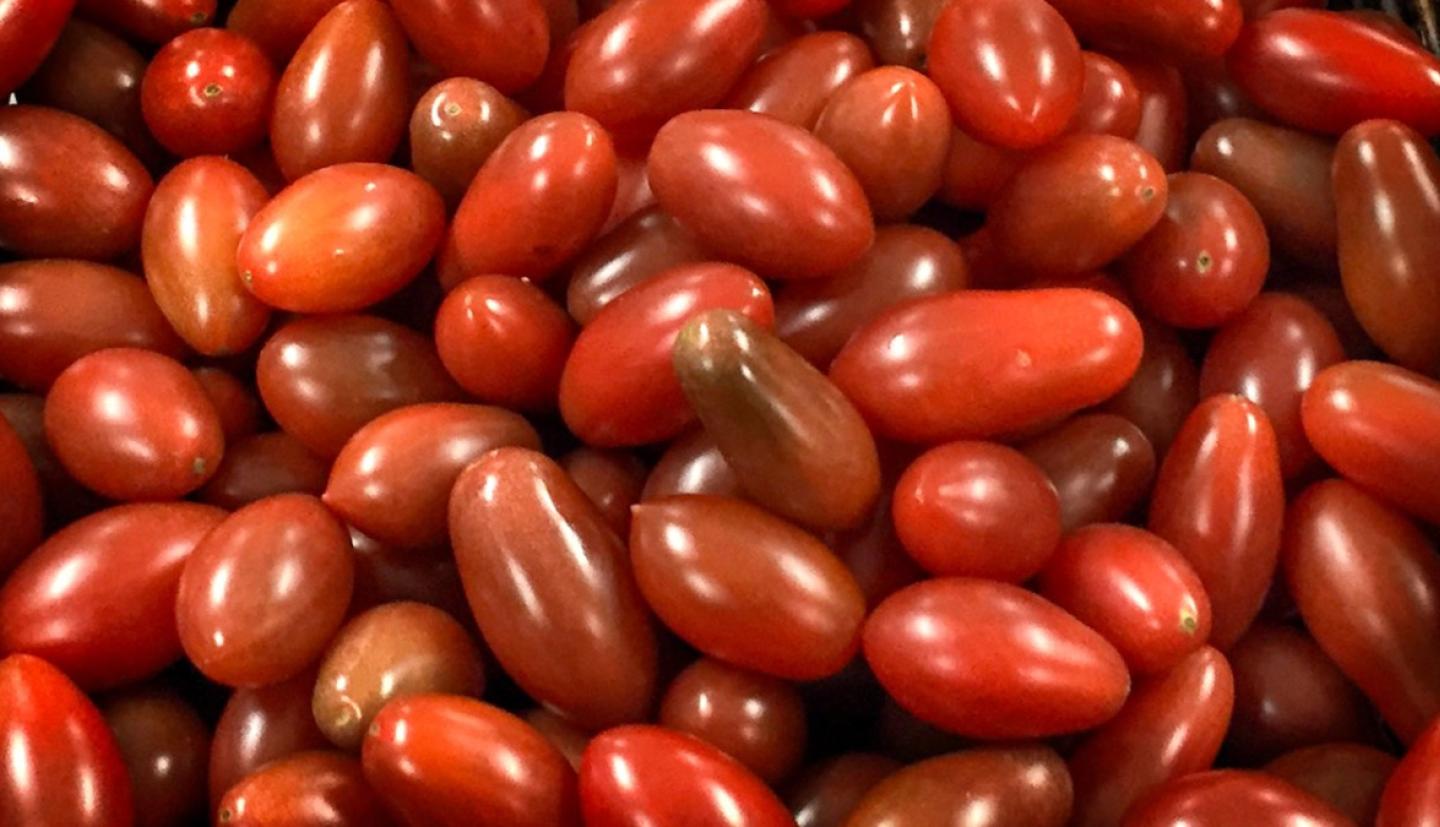Farmers markets have blossomed across the U.S. over the past 25 years. In 1994, when the U.S. Department of Agriculture began tracking, there were 1,755 farmers markets. There are more than 8,000 today. Consumer interest in organic foods also continues to grow: in 2020, organic food sales in the U.S. topped $50 billion, growing 4.6% from the year before; total food sales grew by 2%.
Griffiths began crossing heirloom tomatoes in 2004, and some of those selections became the Galaxy Suite varieties. He specifically wanted to create varieties that were new, different and would support small farmers, organic growers and home gardeners in New York and the Northeast, though the tomatoes grow well across the U.S., he said.
“I hope that these tomatoes contribute to making healthy food more fun and more interesting, while providing local and organic growers with increased options for high-value products,” Griffiths said. “If you have limited land, expensive land, you can get more value out of these kinds of crops, especially using high-tunnel greenhouses.”
Even in the small-fruited market classes, growers generally favor bigger tomatoes that are easier and faster to harvest and package, Griffiths said. Meanwhile, consumers seem to prefer one-bite cherry tomatoes; however, many cherries have issues with fruit skin splitting on the vine or after harvest. Griffiths wanted to find a happy medium: small-fruited, high-flavor tomatoes, as consumers prefer, with better shelf-stability and after-harvest quality.
Moonshadow and the Galaxy Suite fit the bill, said Paul Betz, sales manager at High Mowing Organic Seeds. The company runs test plots with new seeds before offering them to consumers.
“Sales of the Galaxy Suite varieties have increased every season. I’ve also seen growers trying them one season and coming back for more the next year, so I think they are fitting a nice niche for people,” Betz said. “First of all, the flavor is amazing and rich, at all stages of ripeness. And they’re firmer, more rugged – they can handle transportation and packaging and arrive with unblemished fruit, which is really important for consumers.”
For those interested in growing Galaxy Suite tomatoes, Betz offers this advice:
- Plants are quite vegetative, so don’t plant them too closely spaced.
- In trials, the tomatoes grew best outside, in a weave or trellis.
- They also grow well trellised in a high tunnel, like a caterpillar, but Betz wouldn’t recommend growing them in a traditional greenhouse because they produce so much plant material and pruning cuts their yield significantly.
Griffiths continues to work on additional crosses and hopes to add more varieties to the Galaxy Suite in coming years, he said.
Krisy Gashler is a writer for the College of Agriculture and Life Sciences.
This story first appeared in the Cornell Chronicle.






